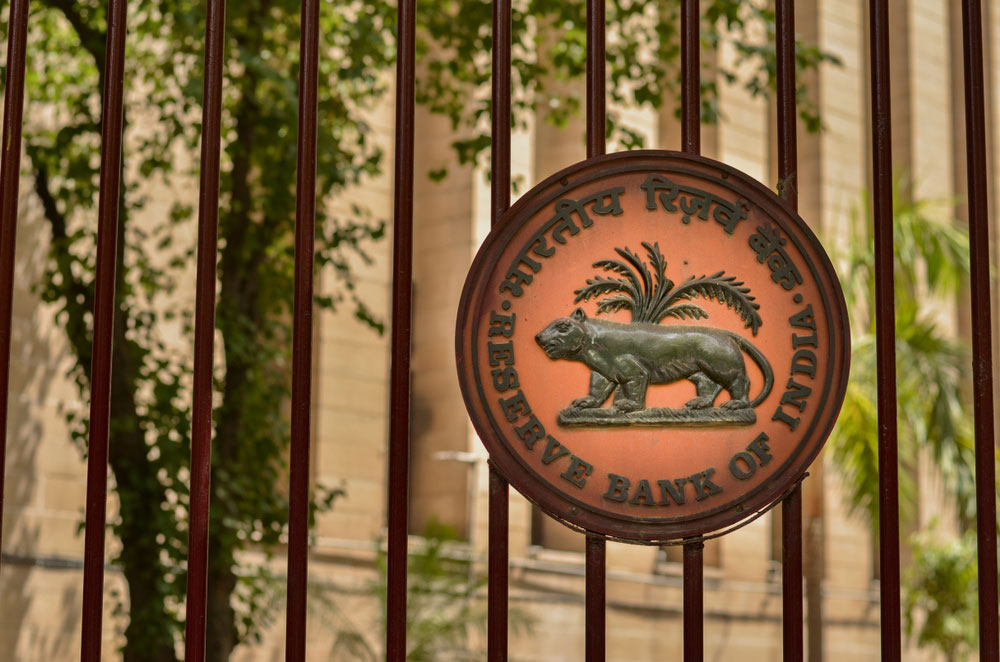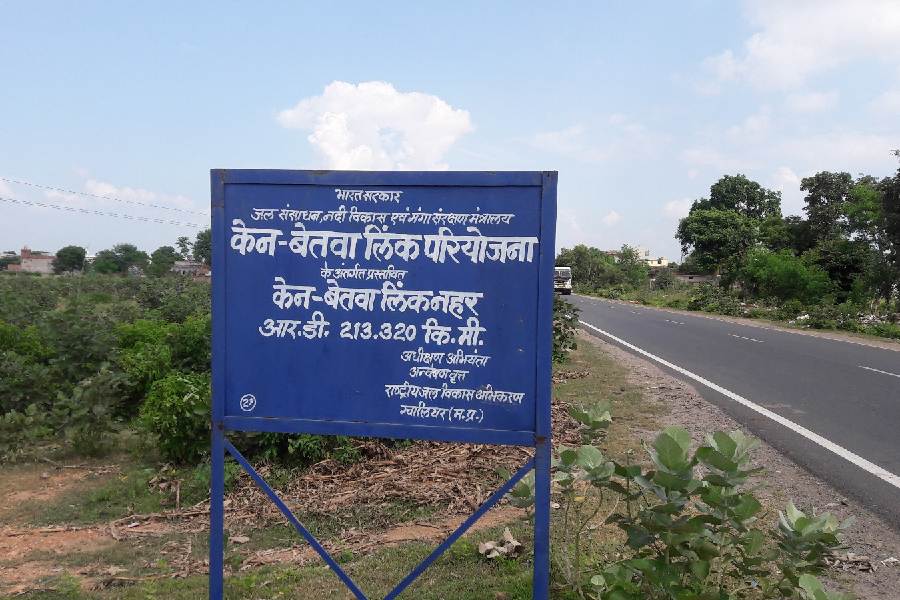The outlook for India’s economic recovery has been sharply altered by the coronavirus outbreak, the Reserve Bank of India said in its Monetary Policy Report, underlining the pandemic’s deepening impact on South Asia’s engine of growth.
The report, which is supposed to accompany the April monetary policy meeting which was abruptly advanced to March 27, said: “Covid-19 would impact economic activity in India directly due to lockdowns, and through second round effects operating through global trade and growth.
“The impact of Covid-19 on inflation is ambiguous, with a possible decline in food prices likely to be offset by potential cost-push increases in prices of non-food items due to supply disruptions,” the RBI said.
The April policy meet was scheduled to have been held between March 31 and April 3. So, the report has actually been delayed by a week from its scheduled release.
“Prior to the outbreak of Covid-19, the outlook for growth for 2020-21 was looking up,” the Reserve Bank of India said. “The Covid-19 pandemic has drastically altered this outlook. The global economy is expected to slump into recession in 2020, as post-Covid projections indicate.”
At its hastily summoned March 27 meeting, the RBI had fired a bazooka by slashing the policy interest rate by 75 basis points to 4.4 per cent – the lowest level in over 16 years – and granted a three-month moratorium on all corporate and retail loans to ease the pain of borrowers who have been struggling to deal with the crisis in a coronavirus-afflicted economy.
The RBI further said the sharp reduction in international crude oil prices, if sustained, could improve the country’s terms of trade, but the gain from this channel is not expected to offset the drag from the shutdown and loss of external demand.
“Covid-19, the accompanying lockdowns and the expected contraction in global output in 2020 weigh heavily on the growth outlook. The actual outturn would depend upon the speed with which the outbreak is contained and economic activity returns to normalcy. “Significant monetary and liquidity measures taken by the RBI and fiscal measures by the government would mitigate the adverse impact on domestic demand and help spur economic activity once normalcy is restored,” it said.
Risks around the inflation projections appear balanced at this juncture and the tentative outlook is benign relative to recent history. “But Covid-19 hangs over the future, like a spectre,” the RBI said.
The report further said it did not provide any growth forecast for GDP, as the situation is highly fluid and “incoming data produce shifts in the outlook for growth on a daily basis.”
The global macroeconomic outlook is overcast with the Covid-19 pandemic, with massive dislocations in global production, supply chains, trade and tourism, it said.
Long term repo
The RBI on Thursday said it has received Rs 1.13 lakh crore worth of bids in the targeted long term repo operation (TLTRO) conducted for an amount of Rs 25,000 crore with a three-year tenor. The RBI received 18 bids in the auction, adding the financial markets across the world are experiencing extreme volatility; global commodity prices, especially of crude oil, have declined sharply
The report also said the impact of COVID-19 on inflation is ambiguous, with a possible decline in food prices likely to be offset by potential cost-push increases in prices of non-food items due to supply disruptions.
India has reported over 5,000 active coronavirus cases and 166 deaths as of Thursday morning.











